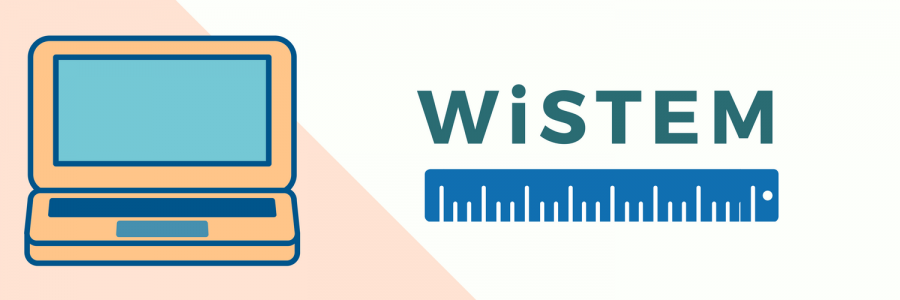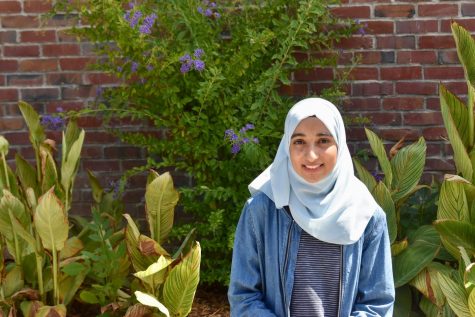Having been part of WiSTEM since her freshman year, senior Rakhi Banerjee is proud to be president of the club this year. Banerjee is interested in the field of medicine and WiSTEM helps her pursue her passion, as well as share it with others. Read below to see her views on women in the STEM field, her own experiences in the field and improvements she wants to make in the club.
El Estoque: In general, what is WiSTEM about?
Rakhi Banerjee: Women are traditionally underrepresented in STEM fields. It’s not so much an issue at our school, because everybody is interested into going into STEM. But if you look at the world in general, women are underrepresented, and there aren’t a lot of clubs that are just focused on women. Now there’s a lot, like there’s the Girl Empowerment Club and all those things, but [our club is] five or six years old, and at the time it started, it was one of the first only women clubs. We basically just focus on trying to get more girls interested into the STEM field, so we’ll have labs, [and] we try to do slightly higher level labs. It’s just a way for some people [who] want to get more interested in science to do something during lunch once a week.

EE: What are other specific events you guys hold?
RB: We hold one event every year called BARE, which is the Bay Area Research Expedition, […] and it’s been at Google or Intel in the past. It’s kind of like a poster presentation. We come up with a prompt […] and we try to make it general so people can also use science projects that they’ve used for other things and get more practice just presenting […] and get as many people involved as possible. We invite speakers, we get professors from De Anza [College], from Stanford [University], from Santa Clara [University], and professionals in the field. We get people who actually work at Google and Facebook, but sometimes it’s just our parents, but my mom’s an engineer, [so] it’s fine. They all have their own experience and everyone has something to say about being one of the minority groups in STEM. After the poster presentations we have a panel discussion. One of the first questions we always start off with is, ‘What was your experiences getting to the point you are [at now]? What are the resources available to you as a woman? What would you encourage other girls interested in STEM to do?’ All of their answers are similar but [they] stand their ground.
EE: Do you think WiSTEM has made a difference at MVHS?
RB: I think that our school, because all of the people here have mothers as engineers or doctors, it’s not [unusual]. I feel like when we go to college we have disadvantages, but here, I know people say things like, ‘Oh [there are] fewer girls in my AP bio class, or my AP physics class’. It is an issue overall, but I feel like at our school we get enough support from our parents, from our families, from our teachers, from our friends. But our experience at our school is very different from the rest of the world.

EE: Why did you decide to go into WiSTEM?
RB: I first joined the club because my sister was in the club. So as a freshman, my sister was a senior, I kind of just did things what she did. I’ve always wanted to be a veterinarian but then I started doing more things related to human medicine and I [was interested in being] a doctor. So I shadowed doctors, volunteered at a hospital [and] did research. I really like to try helping people and I love the bio side of things. Through shadowing [and] through volunteering, I’ve had a lot of volunteering at the hospital, and I just love everything. I’ve wanted to help people and I’ve chosen to do that through medicine.
EE: What improvements do you want to make as president this year?
RB: Membership was a big issue, so I think we’re going to go with free food a couple times, and overall, we need to come up with interesting labs, [and] get more feedback from members on what they’re actually interested in doing. Sometimes [previous members didn’t] look very engaged, like they’d rather something else be happening, so if we talked to them more, communicated with them more about what their actual interests were, it might’ve be easier to get them more engaged in what we were doing. [We should] promote our big event better [and] make it mandatory for those who want to [become an officer].







